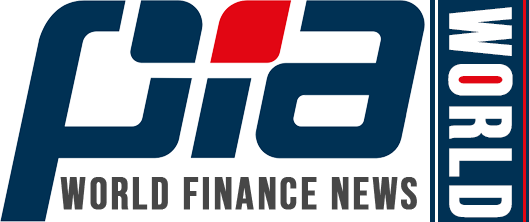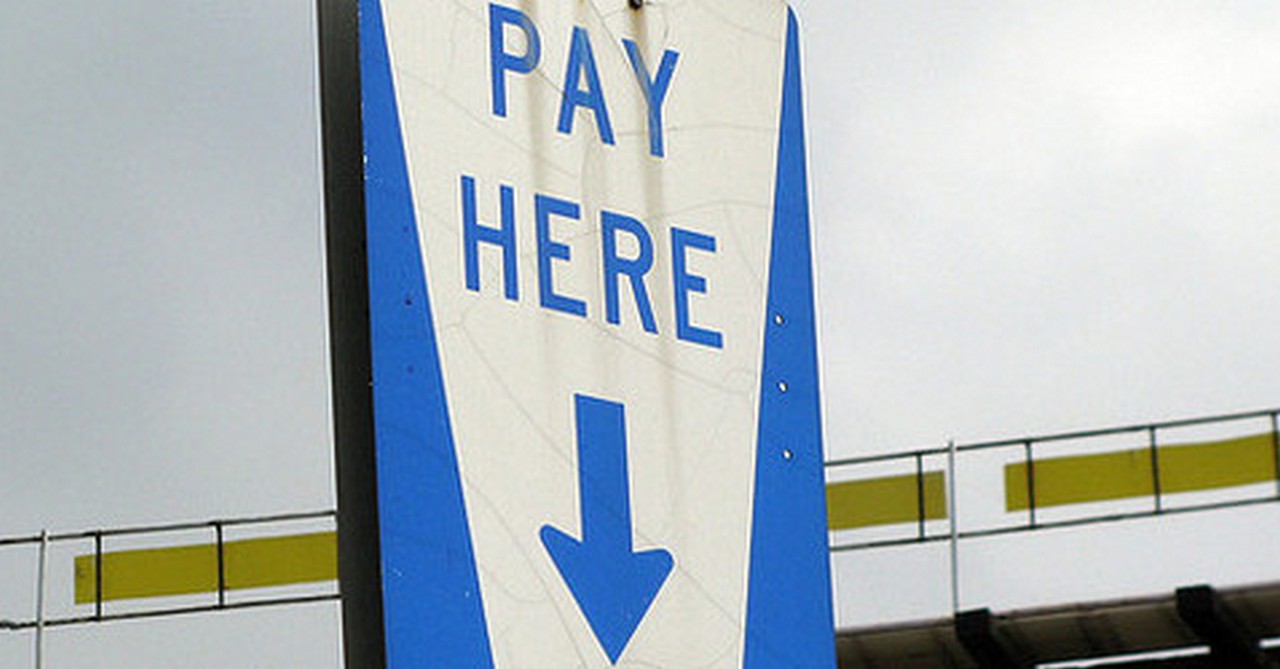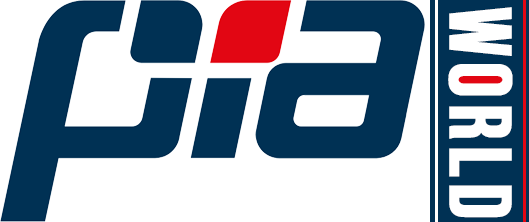Table of Contents
There’s been a current phenomenon the place mortgage lenders are requiring debtors to pay upfront factors when acquiring a house mortgage.
This runs counter to the everyday expertise the place you’ll be able to simply purchase a no price dwelling mortgage with no factors or closing prices required.
As to why that is taking place, it’s mainly as a result of the mortgage market has been so risky recently.
Merely put, it’s troublesome to find out the worth of a mortgage mortgage as a result of it’s unclear the place mortgage charges go subsequent.
To mitigate that unknown, many lenders are charging factors to make sure some income are being captured upfront.
Why Do Mortgage Lenders Cost Factors?
Mortgage lenders cost factors to gather revenue upfront versus over time by way of common month-to-month curiosity funds.
Or to supply lower-than-market rates of interest to entice mortgage fee consumers to go together with them as an alternative of another person.
This cash is obtained from the borrower by way of a mortgage origination payment or by way of low cost factors, the latter being a type of pay as you go curiosity.
As a substitute of ready to gather curiosity every month as soon as the mortgage is closed, they’ll accumulate some cash upfront.
In alternate, you ought to get a decrease mortgage fee versus the borrower who doesn’t pay factors.
Amassing extra now means much less needs to be paid later (by way of a better rate of interest) to account for the unknown, comparable to prepayment.
After all, many lenders promote their loans to traders shortly after closing, however the identical precept applies.
Should you choose to pay little or nothing at closing, the lender’s investor will anticipate a mortgage with a better fee to allow them to earn extra curiosity over time.
Both approach, you’re paying one thing, it’s simply the way you pay. At closing by way of factors or throughout the mortgage time period by way of a better mortgage fee.
How Will Latest Mortgages Carry out?
As a result of mortgage charges have greater than doubled in a 12 months’s time, there’s a number of uncertainty concerning recently-originated dwelling loans.
Will debtors who acquired mortgages in 2022 hold them for the lengthy haul, or will they shortly refinance them if/when mortgage charges enhance?
Certain, mortgage charges may fall this 12 months, nevertheless it wouldn’t be inconceivable for them to maneuver even increased.
The large fear for lenders and mortgage traders is a state of affairs the place charges enhance sufficient for a lot of of those debtors to refinance.
A current stat from Black Knight discovered that 10% of 2022 mortgages would change into refinance candidates if the 30-year fastened fell to 4.75%.
If these householders refinance, their loans not earn traders curiosity. So no matter was paid for the mortgage above its par worth could be misplaced.
In regular occasions, lenders can promote their loans to traders at a premium, and use the proceeds to cowl their commissions and your closing prices (by way of lender credit).
Presently, that is proving troublesome as a result of the worth of those loans is shaky at greatest. This is the reason revenue is being taken upfront.
When mortgage charges are secure, this isn’t as a lot of a difficulty. It additionally wasn’t an issue when the Fed was indiscriminately shopping for mortgage-backed securities (MBS) by the boatload by way of Quantitative Easing (QE).
Paying one thing upfront additionally ensures that the rate of interest you obtain isn’t sky-high to account for that lack of upfront revenue and/or an absence of closing prices.
In different phrases, lenders could make mortgage charges seem extra enticing (decrease) by requiring you to pay one thing upfront.
Pay Shut Consideration to Mortgage Charge and Price Mixtures
As famous, the present mortgage fee setting is disjointed and risky. This has made it troublesome for traders to find out the worth of the underlying loans.
This is the reason you may even see a number of mortgage factors tacked onto marketed mortgage charges.
In regular occasions, you may see “no charges, no factors” loans marketed extra steadily. Or maybe loans that solely require a single mortgage level be paid.
At this time, it may very well be two factors upfront AND closing prices paid out of pocket. That may get costly, particularly in case you’ve acquired a giant mortgage quantity.
This volatility additionally means there’s extra unfold between mortgage firms. So you actually need to concentrate to mortgage fee and payment combos.
And take extra time to buy round with completely different banks, lenders, mortgage brokers, and so forth.
Briefly, charges and charges can fluctuate tremendously between lenders proper now, so store accordingly.
Upfront Prices Could Drop Earlier than Mortgage Charges Do
Prior to now month or so, mortgage charges have come down and stabilized a bit.
The 30-year fastened, which had surpassed 7% and seemed to be heading towards 8%, is now averaging nearer to six.5%, per Freddie Mac.
Should you’re keen to pay upfront factors and shutting prices, the charges could be even decrease, maybe within the mid- and even low-5% vary. That’s not too dangerous traditionally.
Should you’ve been procuring mortgage charges for some time already, you’ll have been unimpressed by the downward motion.
However in case you pay shut consideration, you may discover that lenders are requiring much less within the factors/charges division, even when the underlying mortgage fee isn’t considerably decrease.
In different phrases, the mortgage has gotten cheaper to acquire, even when the rate of interest isn’t vastly higher.
This brings up a very good level – when evaluating mortgages, it’s essential take a look at the massive image. This consists of each the rate of interest and charges, generally often called the mortgage APR.
Should you don’t, you may not get an apples-to-apples comparability.
Ought to You Pay Factors on Your Mortgage Proper Now?
| $400,000 Mortgage Quantity | Paying 2 Factors ($8,000) |
No Price Mortgage |
| Mortgage Charge | 5.25% | 5.875% |
| Different Closing Prices | $2,000 | $0 |
| Complete Upfront Price | $10,000 | $0 |
| Month-to-month P&I Fee | $2,208.81 | $2,366.15 |
| Month-to-month Financial savings | $157.34 |
When looking for a mortgage, the query of whether or not to pay factors is at all times pertinent.
However proper now it may be much more essential than ever, seeing that we may very well be at a crossroads.
Will mortgage charges go up or down in 2023? Nobody is aware of, however there are arguments to be made on each side.
Should you determine to pay a bunch upfront to lock in a barely decrease fee, you may kick your self if the 30-year fastened trickles right down to the mid-4% vary throughout the 12 months.
At that time, you’d in all probability be pressured to refinance to benefit from the decrease fee, and successfully lose what you paid upfront.
Conversely, if mortgage charges stay elevated, or much more increased, you’d look good together with your decrease mortgage fee, even when it’ll take some years to recoup the price.
In my instance above, it will take greater than 4 years to interrupt even on these upfront prices.
After all, most forecasts are calling for decrease charges all year long, and a attainable recession. And mortgage charges are inclined to fall throughout recessions.
So the good cash might be saying don’t pay factors proper now since you may be capable to alternate your high-rate mortgage for one with a decrease fee within the close to future.
You might also be capable to go for a less expensive adjustable-rate mortgage till issues calm down, or benefit from a short lived mortgage buydown.
Regardless, put within the time to match charges/charges with a number of firms to make sure you don’t overpay on both entrance.
Those that make investments time upfront may be capable to get a good fee with out a ton of charges.



